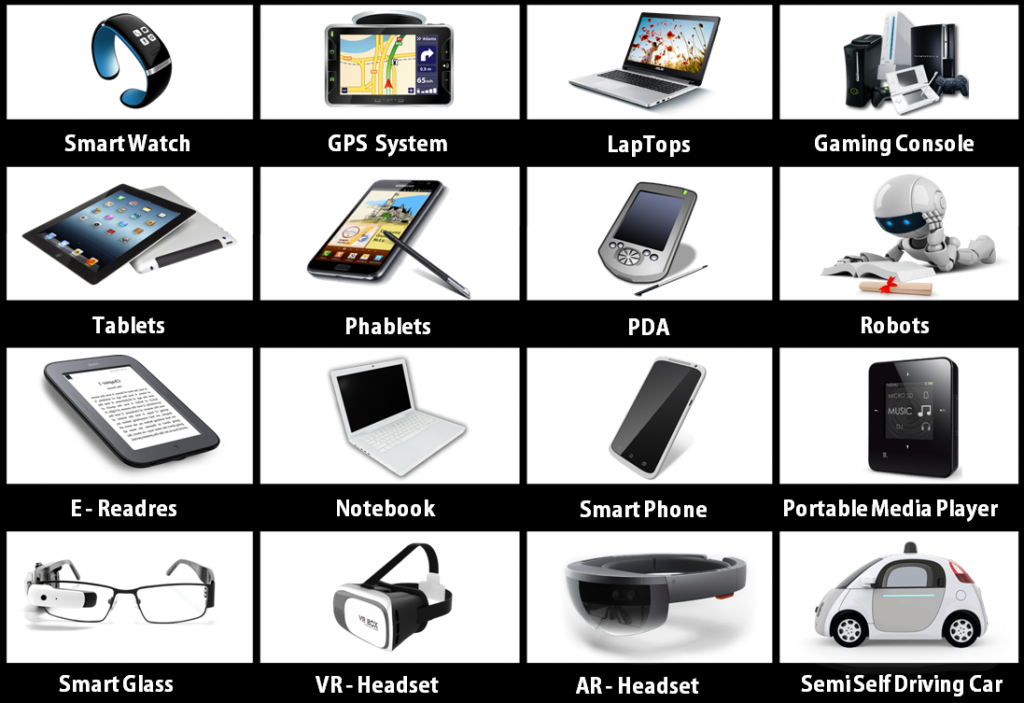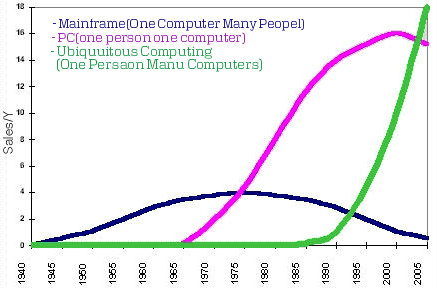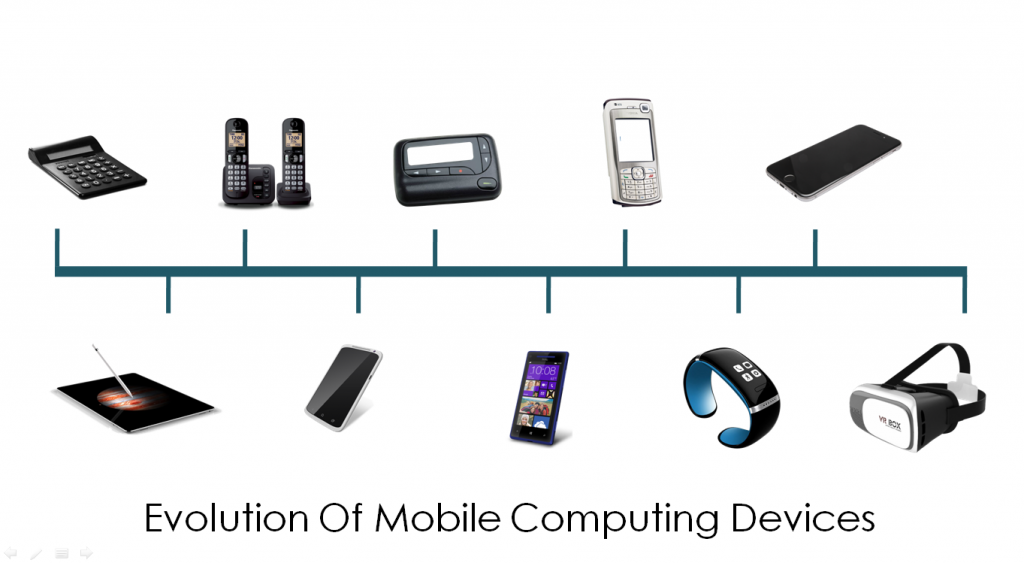Large screen smartphones, iPads, tablets, etc., have made substantial inroads into the computing spaces, which once used to be held by laptop and full-sized desktop computers. It won’t be inappropriate to measure such incursion best by personal usage shifts. You can take my own case as an example, too. I try to avoid the use of my Mac and desktop machines as much as I can outside work hours. Like a majority of smartphone savvy individuals out there, I prefer using my smartphone for regular use – checking emails, accessing social media, listening songs, check out YouTube videos, order food or a cab, and the list goes on.
In fact, had there been a possibility where I could run the desktop class software apps on my mobile phone, I’d certainly ditch my MacBook to an even bigger altitude than I already have. I’d be more than happy to replace PCs with smartphones to carry out all the computing tasks. But, unfortunately, the lack of quality software has kept me from making this sudden shift. However, we’re almost there. The future of computing is here, fellas – Mobile Computing! It’s all set to flow seamlessly into our business lives and become an integral segment of the way we’ll work in the future.
 Mobile Computation Devices
Mobile Computation Devices
Hey, I’m not the only one saying this. According to Digital Megatrends 2015 – a global report published by Oxford Economics, almost 60 percent of senior corporate executives anticipate mobile technology in order to provide a massive boost to their businesses over the span of next 5 years, versus almost 35 percent for cloud computing and business intelligence, and at least 30 percent for social media. All in all, mobile computing has already started strengthening its foothold in the market. Believe it or not, everything is going to revolve around Mobile Computing, too, along with AI and machine learning in the future. However, there’s always that one question which arises while opting for mobile computation – Will it be worth it? To answer this dilemma, how about we take a look at its wide range of business applications?
Mobile Computing – Application in Major Business Sectors

The growth in the use of mobile computation over the decades
In many working sectors, mobility is significant in order to utilize time quite efficiently. If utilized in an efficient manner, the resources can offer substantial savings in the cost of transportations among other non-quantified costs, for instance, increased customer attention, improved intercommunication, and the impact of onsite maintenance within the businesses.
The significance of Mobile Computation has been highlighted below in selected business sectors.

Mobile Computation for Estate Agents
Estate agents can work at home or out in the field as per their requirement. Mobile computation makes them more productive. The agents can get an access to current scenario of real estate by the means of accessing several listing services, which can be carried out from home or office. They can offer immediate feedback to clients regarding certain neighborhoods and homes, and easier loan approvals. The mobile computation allows applications to be submitted on the spot.
Mobile Computation for Emergency Services
It’s quite important to be able to receive information on the go when it comes to emergency services. Details regarding type of incident, address, etc., can be dispatched efficiently and quickly with the help of a CDPD system. The security and reliability of the CDPD system arrive as a greater advantage.
Mobile Computation in Courts
Mobile computers can be used by defense counsel in court. For instance, when the adversary presents an argument related to an unknown case, the user can use this mobile computer to get a direct and real-time access to the legal database services available online. They can gather data related to case and precedents. In this way, mobile computation allows immediate access to a trove of information meanwhile making individuals prepared and better informed.
Mobile Computation in Companies
Executives and managers can use mobile computation in board meetings for making critical presentations, for instance. Mobile computers allow them to access the current data on market share. They can interact with the office regarding possible fresh offers and meetings for the purpose of responding to the new proposals. This way mobile computers have the possibility to leverage competitive advantages.
Mobile Computation in Stock Information Collation and Control
In factory warehouses where the access to stock is quite limited, the use of small electronic databases which can be easily accessible with the help of a mobile computer is an ideal choice. With the help of a CDPD network, data collected can be written to a central database directly.
THE FUTURE
With the rapid advancements in the tech sectors like Artificial Intelligence, a boost in Computer Processing Speed, and Integrated Circuitry, mobile computing’s future looks extremely exciting. In such advancements, the adoption of mobile computation can do wonders.